Bishop JC Ryle reminds us, in these five pen portraits, of some of the most significant church leaders in the tumultuous seventeenth century. He begins with the anti-hero, Archbishop Laud, deeply flawed but hugely significant. Then he turns to look at a puritan who preached his heart out in an Anglican pulpit (Samuel Ward), a puritan who was ejected from the Church of England (Richard Baxter), and one who happily conformed after 1662 (William Gurnall). Finally, he explores the life and legacy of seven courageous bishops who took a stand against a tyrannical state in revolutionary days. These insightful and fiery essays by Bishop Ryle are brought together for the first time in this insightful volume introduced by Lee Gatiss.
Hinweis: Dieser Artikel kann nur an eine deutsche Lieferadresse ausgeliefert werden.
Hinweis: Dieser Artikel kann nur an eine deutsche Lieferadresse ausgeliefert werden.

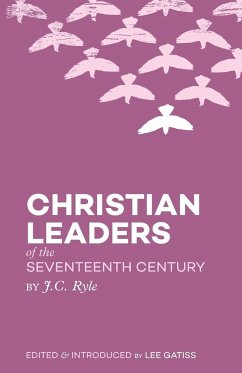
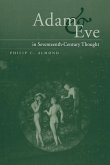
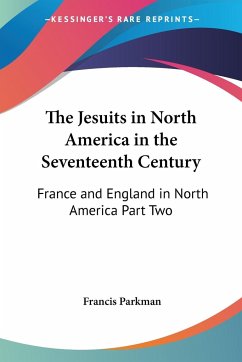
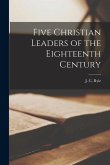
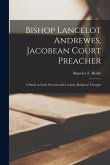
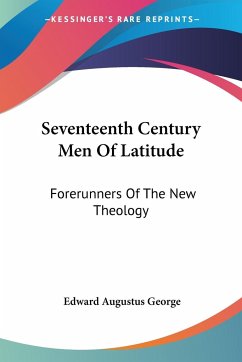
![Proceedings of the Newfoundland and British North America Society for Educating the Poor [microform]: Seventeenth Year, 1839-1840, Containing the Seve Proceedings of the Newfoundland and British North America Society for Educating the Poor [microform]: Seventeenth Year, 1839-1840, Containing the Seve](https://bilder.buecher.de/produkte/65/65634/65634616m.jpg)
